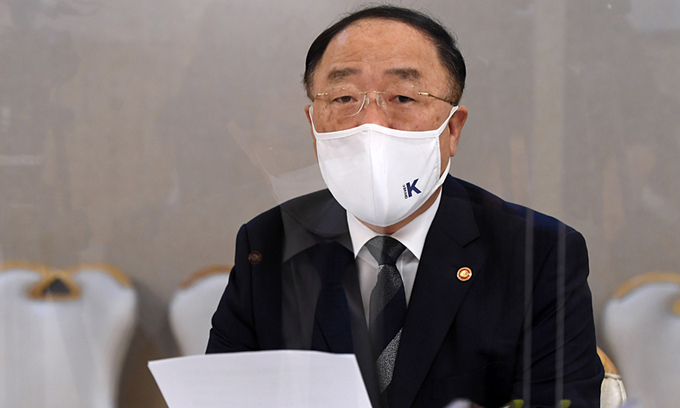— Gepant reduced number of monthly migraine days
by Judy GeorgeDeputy Managing Editor, MedPage Today April 20, 2023
Atogepant (Qulipta) bested placebo for migraine prevention in people with treatment-resistant episodic migraine, the ELEVATE trial showed.
Across 12 weeks, episodic migraine patients who had failed previous oral prophylactic treatment had a significantly greater decrease in monthly migraine days with once-daily atogepant 60 mg (-4.20 days) compared with placebo (-1.85 days, P<0.0001), reported Patricia Pozo-Rosich, MD, PhD, of Vall d’Hebron University Hospital in Barcelona, Spain, in an abstract presented ahead of the American Academy of Neurology meeting.
The treatment helped “people who had already tried up to four other types of drugs to prevent migraine and either had no improvement or had side effects that outweighed any benefits,” Pozo-Rosich said in a statement.
Atogepant is an oral calcitonin gene-related peptide (CGRP) receptor antagonist (gepant) approved in 2021 to prevent episodic migrainean indication that was expanded this week to include chronic migraine prevention. CGRP, a very potent vasodilator peptide, is thought to be involved in migraine.
Unlike injectable anti-CGRP monoclonal antibodies that were approved for migraine prevention in recent years — erenumab (Aimovig), fremanezumab (Ajovy), galcanezumab (Emgality), and eptinezumab (Vyepti) — atogepant and other gepants are small-molecule drugs that can be taken orally.
The double-blind ELEVATE trial included 309 participants in North America and Europe in its efficacy analysis population; 154 were randomized to once-daily atogepant 60 mg and 155 to placebo. Participants had at least a 1-year history of migraine with or without aura.
All had previously failed two to four oral preventive migraine medications and reported 4 to 14 monthly migraine days during the study’s 28-day screening period. Overall, 56% of participants failed two classes of oral prophylactic drugs and 44% failed three or more classes.
The primary endpoint was the change in monthly migraine days across 12 weeks from baseline. Secondary endpoints included achieving a 50% or greater reduction in monthly migraine days, change from baseline in mean monthly headache days, and change from baseline in acute migraine drug use days over 12 weeks.
For all secondary endpoints, atogepant showed a statistically significant improvement with compared placebo across the 12-week treatment period, Pozo-Rosich said.
Most commonly reported treatment-emergent adverse events included constipation (10.3% for atogepant vs 2.5% for placebo), COVID-19 (8.3% vs 9.6%), nausea (7.1% vs 3.2%), and nasopharyngitis (5.1% vs 7.6%).
“People who thought they may not find a way to prevent and treat their migraines may have hope of finding relief with a tolerable, oral, easy-to-use drug,” Pozo-Rosich noted. “This treatment was safe, well-tolerated, and effective for people with difficult-to-treat migraine.”
A limitation of the study was its relatively short, 12-week timeframe. Pozo-Rosich said more research is needed to assess the long-term efficacy and safety of atogepant.
Judy George covers neurology and neuroscience news for MedPage Today, writing about brain aging, Alzheimer’s, dementia, MS, rare diseases, epilepsy, autism, headache, stroke, Parkinson’s, ALS, concussion, CTE, sleep, pain, and more. Follow
Disclosures
This study was supported by AbbVie.
Primary Source
AT
Source Reference: Pozo-Rosich P, et al “Atogepant for the preventive treatment of migraine among participants with episodic migraine with prior treatment failure: Results from the ELEVATE trial” AAN 2023.
Note: This article have been indexed to our site. We do not claim legitimacy, ownership or copyright of any of the content above. To see the article at original source Click Here








